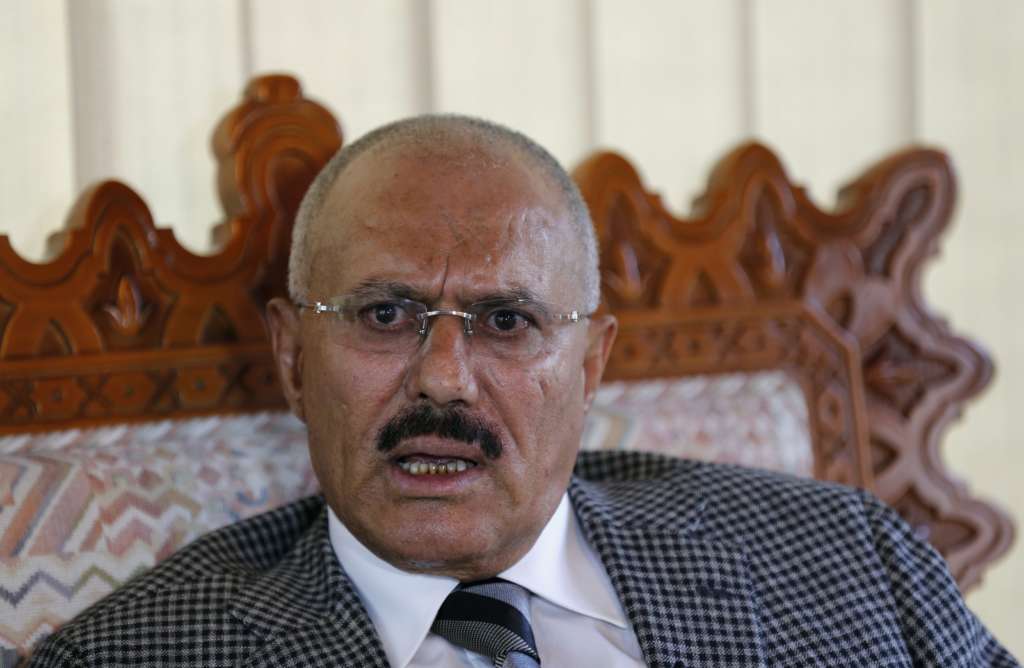Aden, Jeddah – Parliament in Sanaa will resume its sessions on Saturday to vote for the formation of the “higher political council”, which was recently announced by Houthi insurgents and ousted President Ali Abdullah Saleh.
Sources close to the matter told Asharq al-Awsat newspaper on Tuesday that such step was instigated by the ousted president, with the agreement of the rebels.
Meanwhile, Yemen’s Vice Premier, Abdul-Malik Al-Mekhlafi said that two countries were encouraging rebels’ intransigence during the latest peace talks in Kuwait. He accused Iran and another country, which he declined to name, of inciting the Houthi rebels to reject the peace deal proposed by U.N. Special Envoy Ismail Ould Cheikh Ahmed. Mekhlafi noted, however, that the other state was not among the 18 countries sponsoring the peace negotiations in Kuwait.
On a different note, British State Minister for Middle East and Africa Tobias Ellwood said his country was concerned over Iranian support to the Houthis. In exclusive remarks to Asharq al-Awsat newspaper, Ellwood said that reports showed that Iran has transferred weapons to the rebels, in violation of U.N. Security Council Resolution 2216, which prohibits the Persian State from exporting arms.
Meanwhile in Yemen, Researcher and President of Al-Jazeera Center for Studies in Sanaa Dr. Najeeb Ghalab said that the decision to resume parliamentary sessions to vote on the establishment of the “political council” was an attempt to legitimize the rebellion.
In comments to Asharq al-Awsat newspaper, Ghalab said: “Saleh is trying to legitimize the rebellion through the current constitution and to tie the hands of public institutions and parliament.”
Ghalab went on to say that the ousted president was seeking to rebuild internal alliances to gain constitutional legitimacy.
He added that Saleh’s main goal was “represented in weakening the country’s legitimacy and the outcome of Yemen’s national dialogue.”
Ghalab stressed the need for the legitimate government to adopt a solid vision to face the rebels’ new plans.
The legitimate government is “going through a critical phase that requires joint efforts to establish a unified economic, military and political vision to face failed attempts to legitimize the rebellion,” he said.
